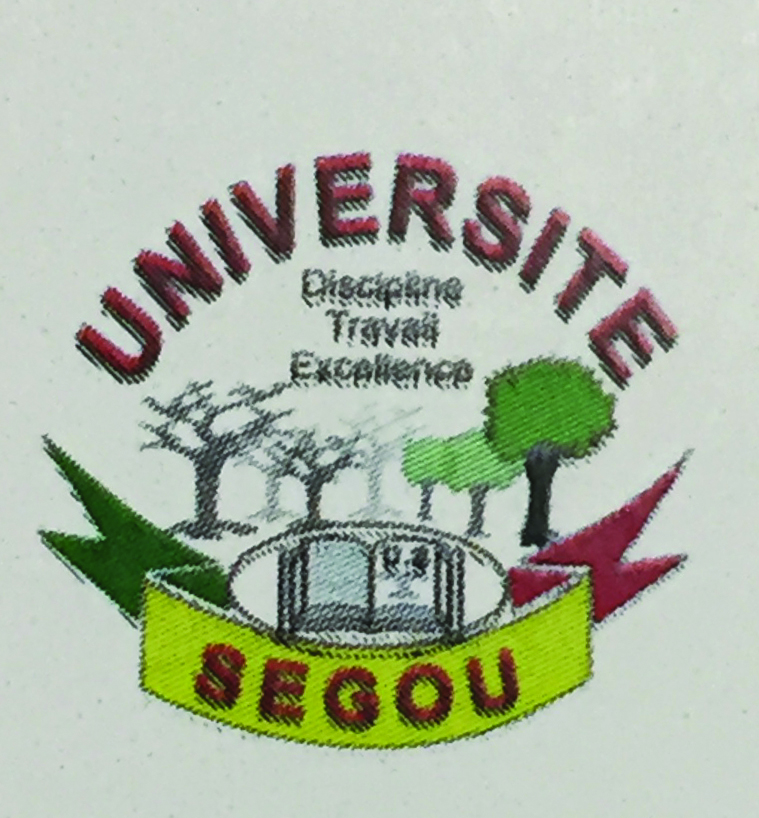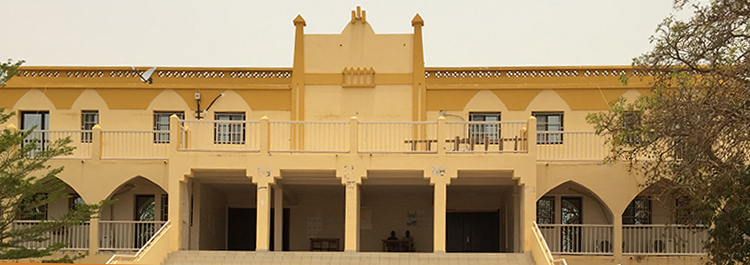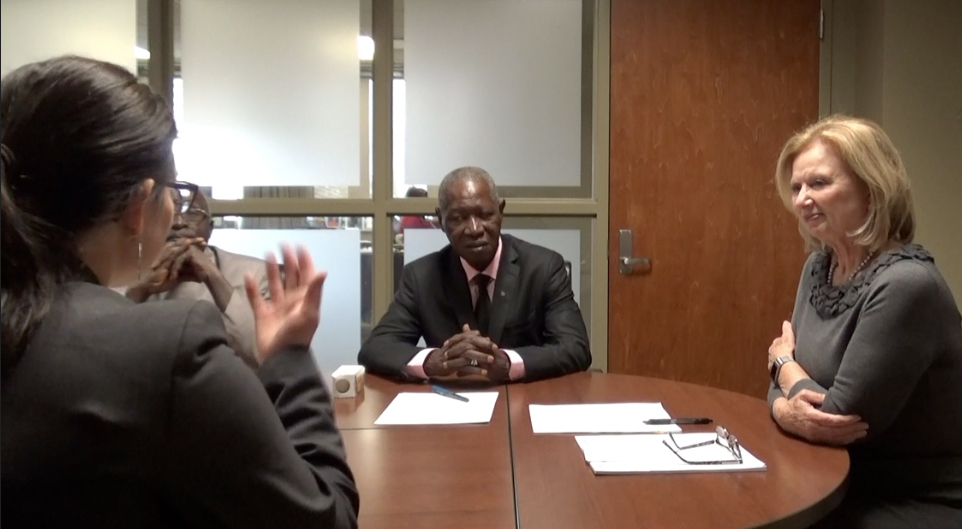Michigan State University signs an MoU with the University of Segou to further strengthen the collaboration on research and capacity building activities
November 1, 2018 - Veronique Theriault and Elisabeth Paymal
 “Without good teachers, it’s like ploughing an ocean.”
“Without good teachers, it’s like ploughing an ocean.”
— Professor Souleymane Kouyate, President, University of Segou, Mali
With 60% of its population under 20 years old, Mali has a young population that demands education and jobs. In response, the Government of Mali, with support from the donor community, is determined to develop its higher education system.
The University of Segou is located at the heart of the country’s agricultural resources, approximately 130 miles northeast of the capital Bamako. Since opening its doors in 2012, the University has had great success in attracting students from every corner of Mali. As of now, about 3,775 undergraduate students and 100 graduate students are enrolled. With a rapidly growing young population in Mali, the University of Segou is expecting another 1,000 to 2,000 students in the next couple of years.
The University of Segou offers BS degrees in agriculture, including agricultural economics, agricultural engineering, and animal science. It would like to add other programs, such as agribusiness entrepreneurship, to respond to students and jobs’ demands.

Segou University (Photo: Dean Steve Esquith, 2017)
Currently, the University employs nearly 100 tenure-stream faculty and 450 adjunct faculty and lecturers. One of the major challenges the University is facing is finding qualified instructors. The President, Pr. Souleymane Kouyate, expressed his concerns: “There is a need to develop an effective selection process to hire the best qualified instructors. This is essential to ensure quality teaching. We also would like to interest our own graduate students in becoming professors. Otherwise, without good teachers, it’s like ploughing an ocean.”
Michigan State University (MSU) has been involved in strengthening Mali higher education for decades. Dr. Véronique Thériault, MSU faculty member in the Department of Agricultural, Food and Resources Economics, explained to MSU Provost and Executive Vice-President for Academic Affairs, June Youatt: “We’ve advised on the development of curriculum, provided short-term training, and supervised students’ thesis in Mali for a long time. Many Malian students are directly involved in MSU’s Mali Food Security Policy Research Program funded by USAID/Mali.”
Pr. Kouyate further explained that Mali’s economy is essentially based on its agriculture, but in the past, students were mostly learning about agricultural practices. There were little agricultural economics training and research done to inform policy makers. With MSU’s support, and in particular with AFRE faculty members, these skills started to be developed in Mali. Wishing to continue and expand on this legacy, Pr. Kouyate added: “MSU AFRE is the best place to bring this expertise to Mali.”
Provost Youatt summarized how agricultural development, research, and policy making are part of the same issue and was delighted to sign this MoU. Several training proposals are already being considered, including courses on statistics. Collaborative grant writing is also on the agenda. We look forward to further developing these ideas and proposals, and to collaborating with our Malian colleagues.

Left to right: Véronique Thériault, MSU AFRE dept faculty; Pr. Souleymane Kouyate, President, University of Segou; June Youatt, MSU Provost and Executive Vice-President for Academic Affairs



 Print
Print Email
Email